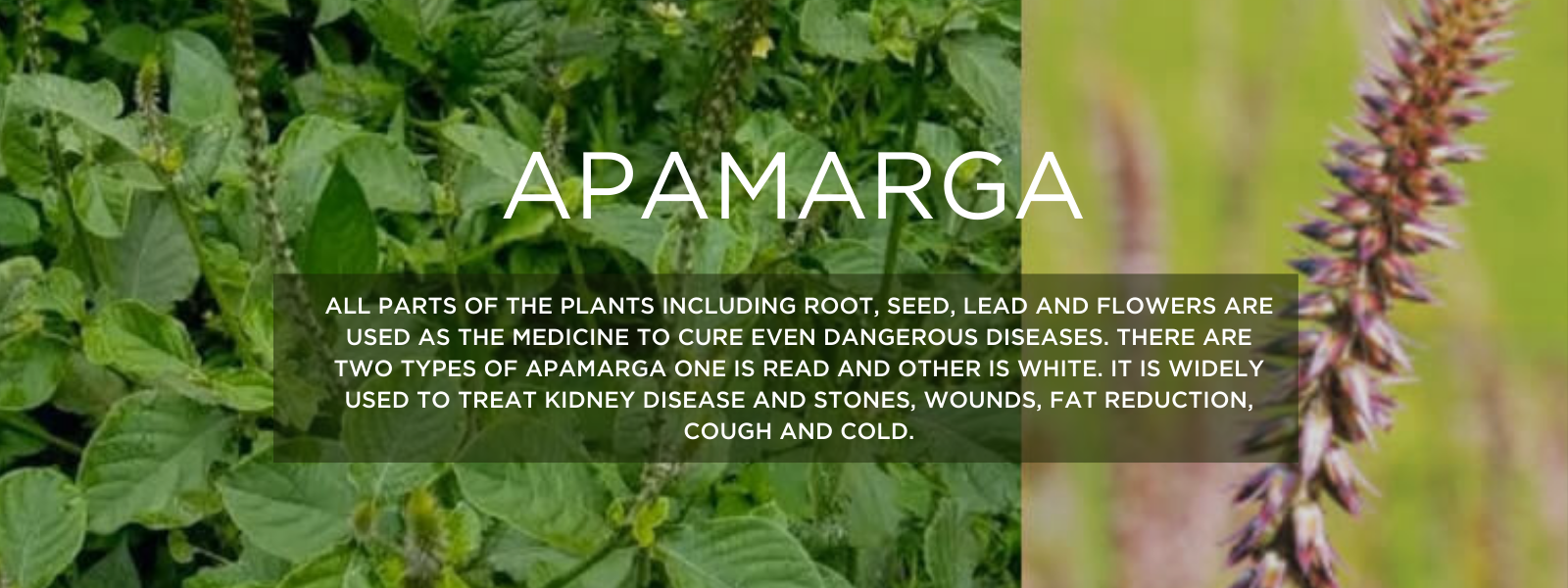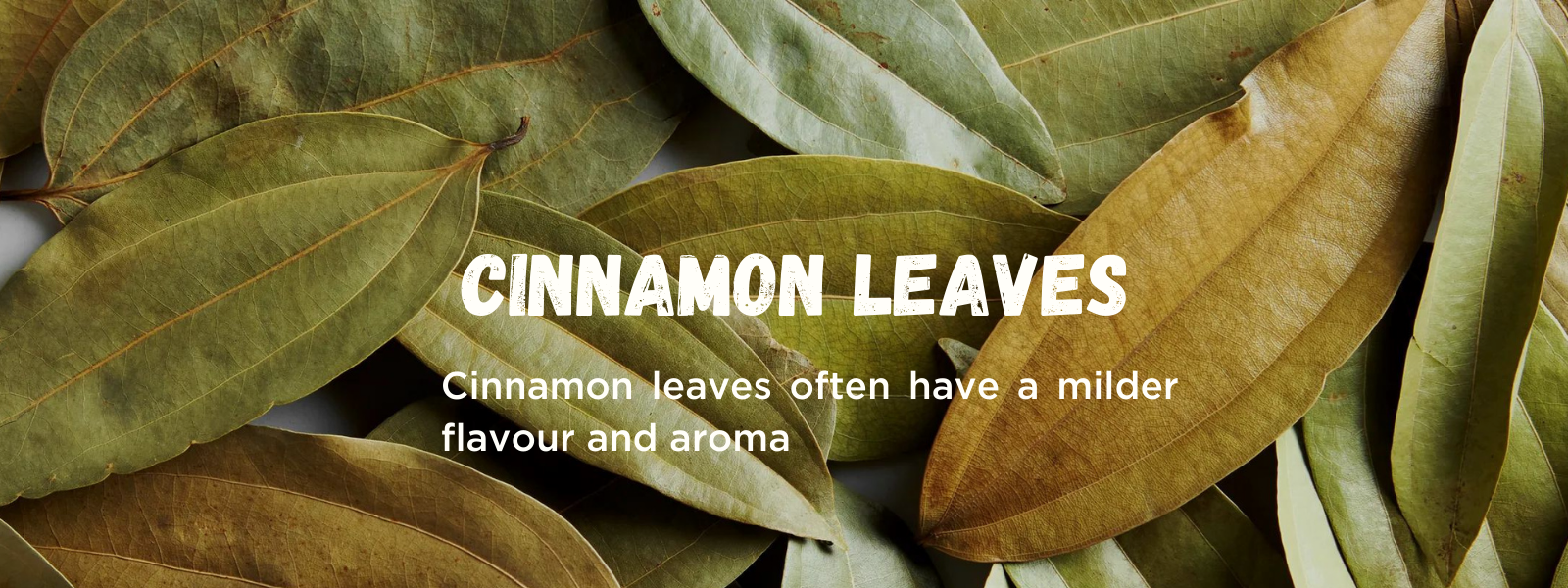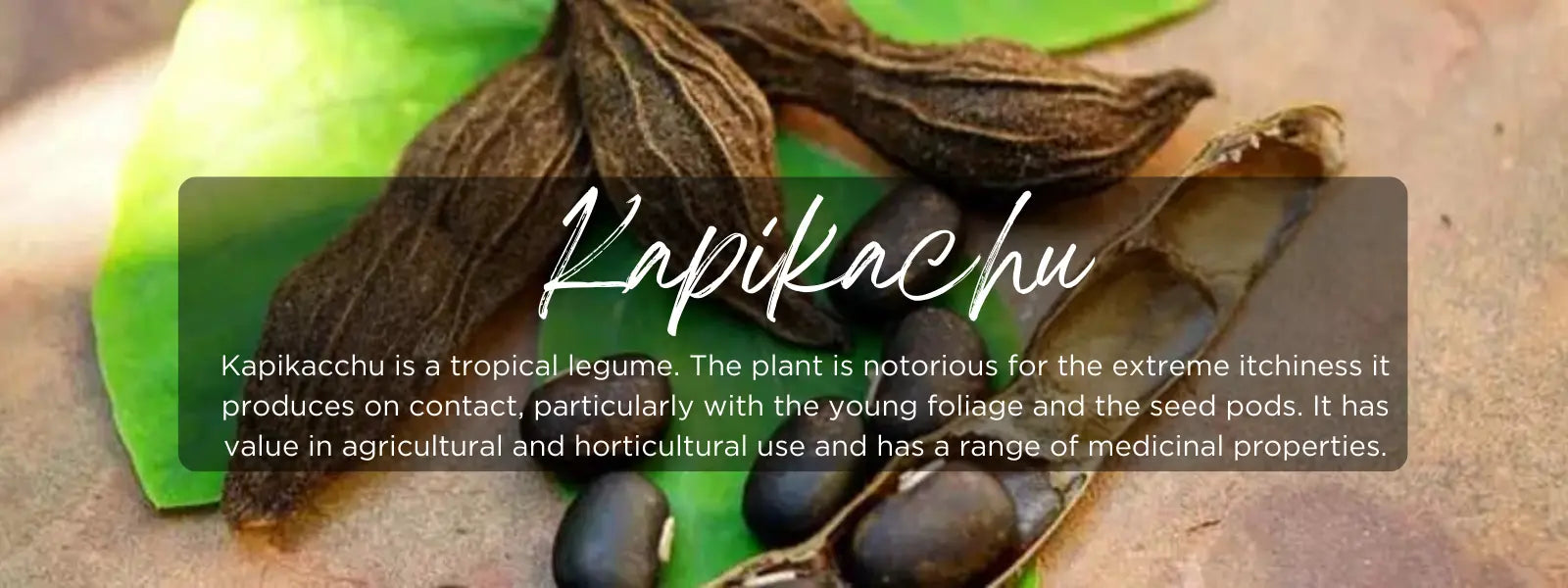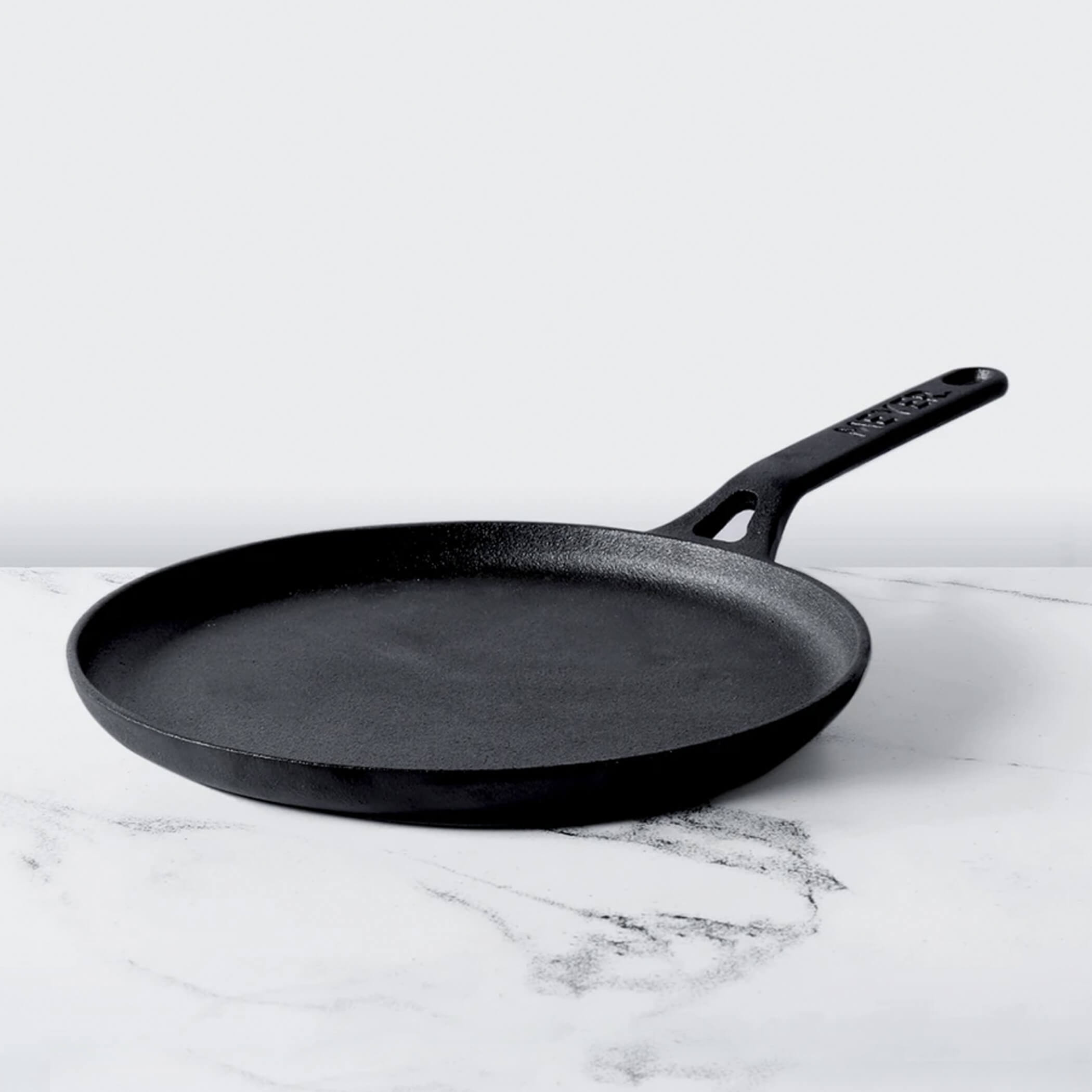Kuppaimeni, also known as Acalypha indica, is a medicinal plant widely known for its remarkable health benefits. The leaves of this plant have been used in traditional medicine for centuries to treat various ailments, ranging from skin conditions to digestive issues. It is rich in active compounds that contribute to its antimicrobial, anti-inflammatory, and antioxidant properties. Kuppaimeni leaves are often used in different forms, such as pastes, oils, or infusions, to harness their therapeutic effects. In this article, we will explore the numerous health benefits, uses, and important facts about Kuppaimeni leaves.
A number of plants have been used traditionally to heal illnesses for a long time. Ayurvedic medicine also makes use of plants that are abundant in these healing properties. One of these medicinal plants with remarkable health-beneficial characteristics is Indian Kuppaimeni. This herb has a long history of use as a remedy for many diseases.
Table of Contents
Medicinal properties of Kuppaimeni:
This herbal plant is employed in traditional medicine and powerful pharmacological processes including anti-inflammatory, anti-bacterial, anti-cancer, anti-diabetic, and anti-hypertensive. It is well-known for treating respiratory issues, rheumatoid arthritis, scabies, insect bites, and it also aids in the healing of wounds. Bronchitis, amniocentesis, mouth ulcers, asthma, pneumonia, and epilepsy are all treated with a decoction produced from whole herbs. Scabies, dermatitis, and other skin illnesses respond well to Indian Acalypha treatment. Headaches are thought to be treated using a cure made from flower buds.
Indian Acalypha has historically been used to cure intestinal worms, acne, psoriasis, eczema, and other skin conditions as well as undesired hair growth. Traditional Indian medicine uses acalypha roots to cure a variety of conditions, including gonorrhoea, diarrhoea, dysentery, chest pain, ear infections, and wounds. In some regions of Africa, root decoction is used to heal stomach discomfort and get rid of intestinal worms. Root decoction is also used as a laxative, to cure fever and diabetes, and to treat diabetes.
Health benefits of Kuppaimeni:
- Anti-inflammatory qualities
Amazing anti-inflammatory qualities are found in the Indian Acalypha plant. These plants have a powerful anti-inflammatory impact when used topically. To benefit from this plant, a poultice is typically applied. Injuries are promptly healed, and inflammation is quickly diminished.
- Anaesthetic qualities:
The kuppaimeni herb has pain-relieving qualities. This natural medicine works wonders to get rid of pollutants. This plant's paste is applied to wounds as a poultice in many villages because it helps to lessen pain and inflammation.
- The ability to treat worms
Plants like the kuppaimeni have anthelmintic qualities. In the past, people have taken the juice or decoction made from the Indian Acalypha leaf to get rid of intestinal worms. Research has demonstrated this herb's benefits.
- Antibacterial properties:
The aforementioned plant is one of the greatest treatments for skin issues because it has both antifungal and antibacterial characteristics. Kuppaimeni oil can be made and used to treat a variety of skin conditions, including bronchitis and eczema. For the treatment of a variety of skin issues, face packs made from Indian acalypha powder can be utilised.
- Anti venom properties:
Kuppaimeni has remarkable anti-toxic capabilities, which is another fantastic medical usage. The venom of Russell Vipers can be killed by extracting the plant's leaves. People who have been bitten by the Russell Viper are typically given the leaves after they have been boiled in water.
- Wound Healing Capacity:
Injuries to the wound are treated with Indian Acalypha. This plant is well known for its ability to heal wounds. Simply applying a poultice of the leaves to the wound helps it heal more quickly because it grows in profusion all over the place.
- Anti-ulcer properties:
Amazing anti-inflammatory qualities can be found in the Indian Acalypha extraction. It has been demonstrated that using this plant's extract dramatically lowers ulceration, stomach emptying, and HDT.
- Anti-diabetic properties:
There are anti-diabetic qualities in the Indian Acalypha plant. The Indian Acalypha plant can dramatically reduce sugar spikes and assist regulate blood sugar levels. Consequently, this herb is beneficial for diabetics.
- Larvicidal and Ovicidal properties:
Malaria, which is brought on by the mosquito Anopheles stephensi, has been proven to be successfully treated using Indian Acalypha leaf extract. This plant's leaves can be extracted and sprayed on the skin to effectively ward off mosquitoes.
- Antioxidant properties:
Antioxidant qualities are seen in Indian Acalypha plants. This herbal plant's extract helps the body rid itself of free radicals, which accelerate ageing.
Conclusion:
Kuppaimeni leaves have proven to be a versatile and valuable plant in the world of natural remedies. Whether used for treating skin problems, promoting digestive health, or alleviating pain and inflammation, the benefits of Kuppaimeni are vast. While it is a trusted herb in many traditional practices, modern research continues to support its efficacy in various therapeutic areas. By incorporating Kuppaimeni leaves into natural health regimens, one can tap into their remarkable healing properties, making them a valuable addition to holistic health practices.












Leave a comment